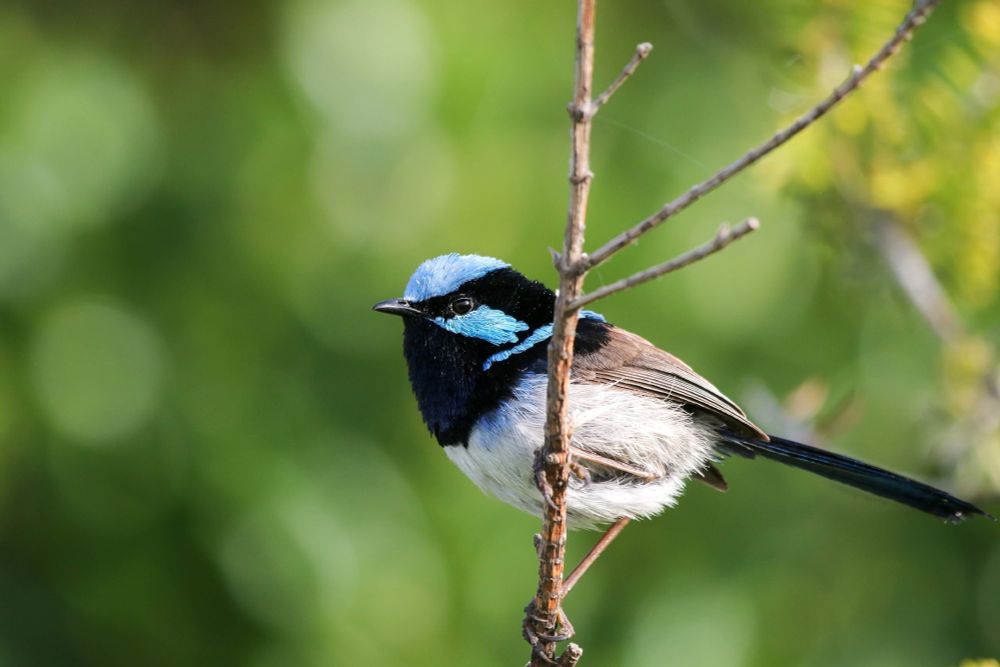

Free to read: rdcu.be/eRKbv

Free to read: rdcu.be/eRKbv
Details in thread. Please re-post!


Details in thread. Please re-post!

Dwarf mongooses battle rival #groups for #territory space
Intergroup #conflict drives changes in #behaviour (doi.org/10.1098/rspb...)
Surprisingly, intergroup threat is positively related to #reproductive success (doi.org/10.1098/rspb...)
#bioacoustics #mammals #war

Dwarf mongooses battle rival #groups for #territory space
Intergroup #conflict drives changes in #behaviour (doi.org/10.1098/rspb...)
Surprisingly, intergroup threat is positively related to #reproductive success (doi.org/10.1098/rspb...)
#bioacoustics #mammals #war
🌟CONGRATULATIONS #NatalieTegtman on #first paper from #PhD
👥With #RobMagrath
@bristolbiosci.bsky.social
#animalcommunication #birds #fieldwork #ECR
doi.org/10.1016/j.an...


🌟CONGRATULATIONS #NatalieTegtman on #first paper from #PhD
👥With #RobMagrath
@bristolbiosci.bsky.social
#animalcommunication #birds #fieldwork #ECR
doi.org/10.1016/j.an...

www.frontiersin.org/journals/eco...

www.frontiersin.org/journals/eco...

#Bird #SocialCognition
doi.org/10.1093/behe...

#Bird #SocialCognition
doi.org/10.1093/behe...

🚨🚨 6-month RA position available at the Univ. of St Andrews to work with Sue Healy (@cogwild.bsky.social), Simone Meddle (@simonemeddle.bsky.social) and I on the behavioural neuroendocrinology of early reproduction in zebra finches.
tinyurl.com/577cx9tj
Deadline: 03/12/2025
⬇️

🚨🚨 6-month RA position available at the Univ. of St Andrews to work with Sue Healy (@cogwild.bsky.social), Simone Meddle (@simonemeddle.bsky.social) and I on the behavioural neuroendocrinology of early reproduction in zebra finches.
tinyurl.com/577cx9tj
Deadline: 03/12/2025
⬇️
Join us for:
• Ethologische Gesellschaft Annual Meeting, 18–21 Feb, Grünau
• DK Symposium: Cognition & Communication, 23–24 Feb, Vienna
A full week of ethology, cognition, and communication.
univie.eventsair.com/etho26-dkcog...
@ethoges.bsky.social @univie.ac.at

->Socially parasitic ant queens chemically induce queen-matricide in host workers. Current Biology. www.cell.com/current-biol...

->Socially parasitic ant queens chemically induce queen-matricide in host workers. Current Biology. www.cell.com/current-biol...
Breviglieri reports a rare case of trophic facilitation: stingless bees wound pedicels of tropical Senna trees to release sap during the day — at night nectar bats feed from the sap, without making new wounds themselves. doi.org/10.1111/eth....
Breviglieri reports a rare case of trophic facilitation: stingless bees wound pedicels of tropical Senna trees to release sap during the day — at night nectar bats feed from the sap, without making new wounds themselves. doi.org/10.1111/eth....
Join our research team (@amcell.bsky.social, Prof. Kate Flay & me) at CityU HK through the DAAD RISE Paid Internship for German students.
Apply: shorturl.at/LvDe3 | Ref: HK_BI_0704| |📧: cgthadeus2-c@my.cityu.edu.hk

@ces2026.bsky.social @culturalevolsoc.bsky.social
🔗Submit here: airess.fgses-um6p.ma/ces2026
We look forward to seeing you in Rabat!

We will use touchscreen experiments & eyetracking to study mental simulations in nonhuman apes & human children across different cultures.
All info here: www.eva.mpg.de/career/posit...
Please share / apply!🙏

We will use touchscreen experiments & eyetracking to study mental simulations in nonhuman apes & human children across different cultures.
All info here: www.eva.mpg.de/career/posit...
Please share / apply!🙏


Bees can discriminate long 🟡🟡 vs short🟡 flashes, a bit like the "dash" and "dot" of the Morse code.
Check our new paper royalsocietypublishing.org/doi/10.1098/... and videoclip youtu.be/hsGxU65OMQk?... @preparedmindslab.bsky.social

Bees can discriminate long 🟡🟡 vs short🟡 flashes, a bit like the "dash" and "dot" of the Morse code.
Check our new paper royalsocietypublishing.org/doi/10.1098/... and videoclip youtu.be/hsGxU65OMQk?... @preparedmindslab.bsky.social

